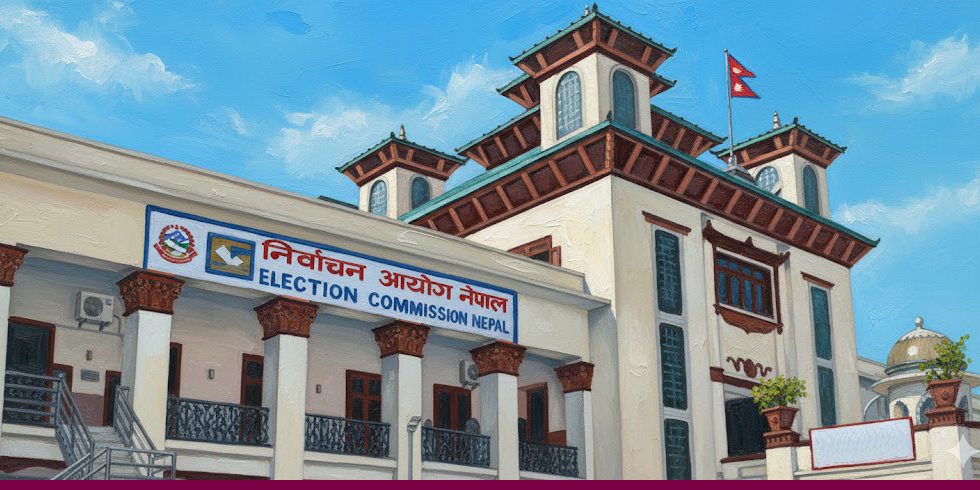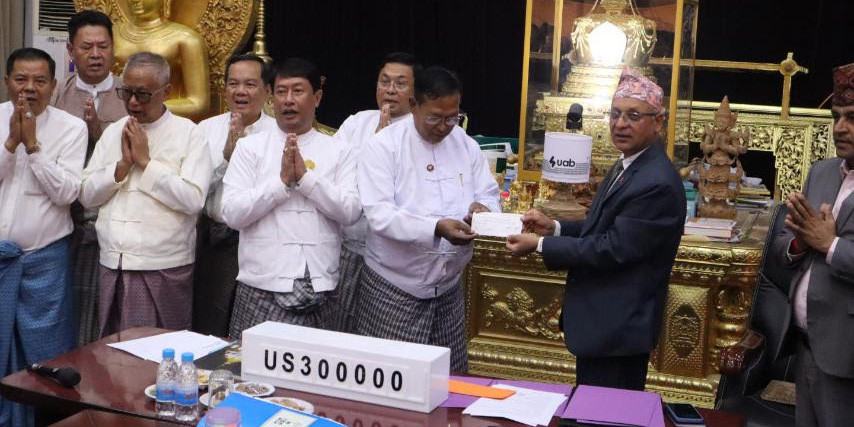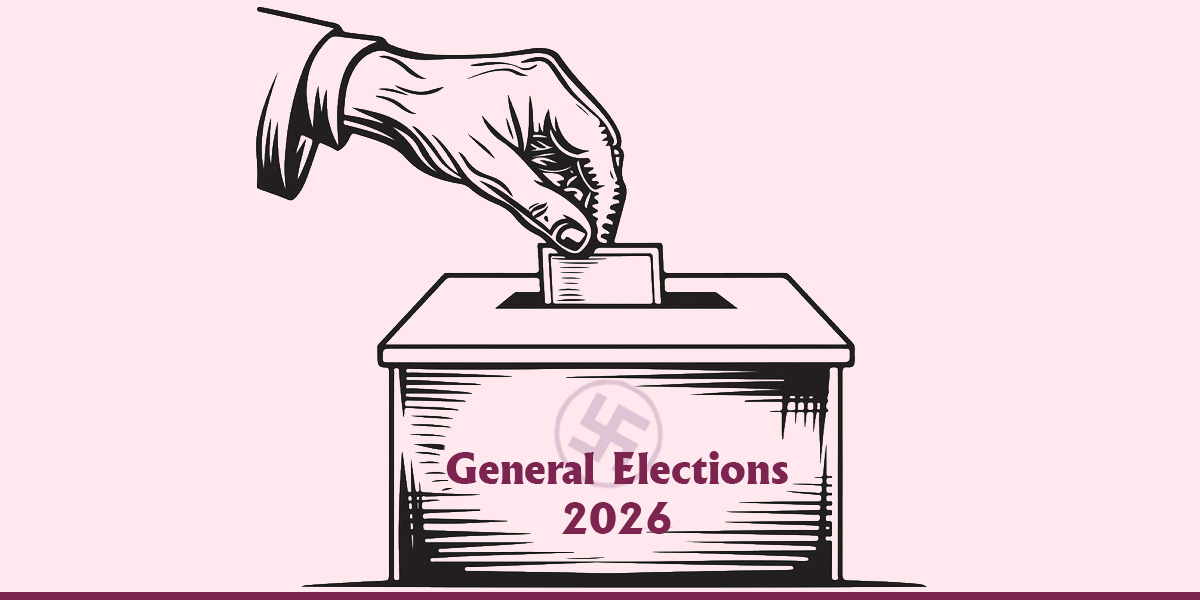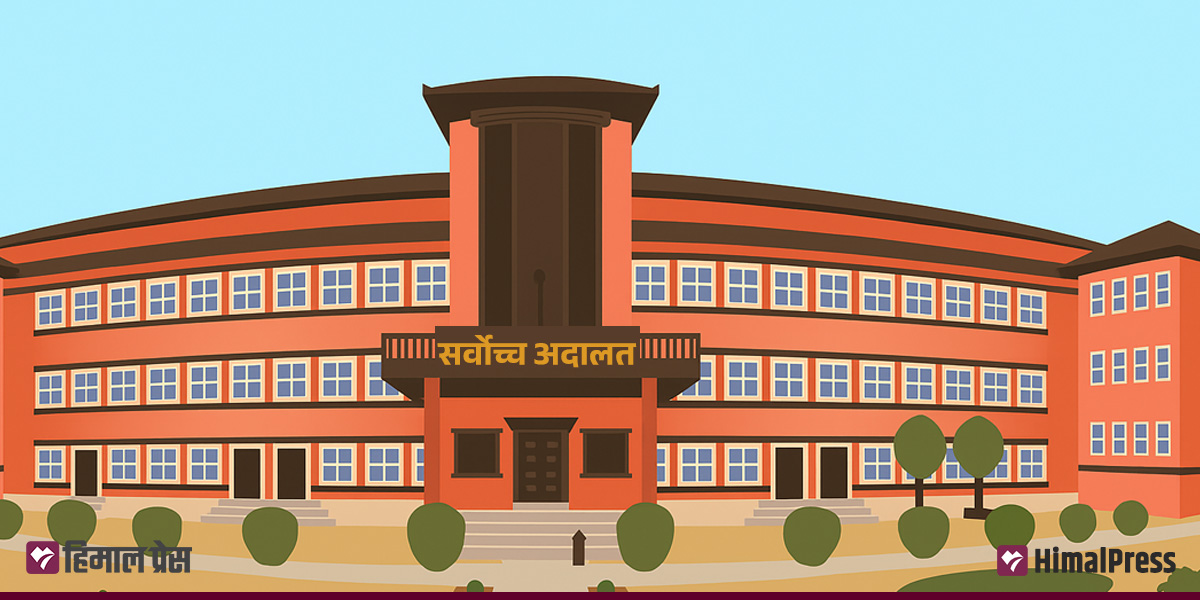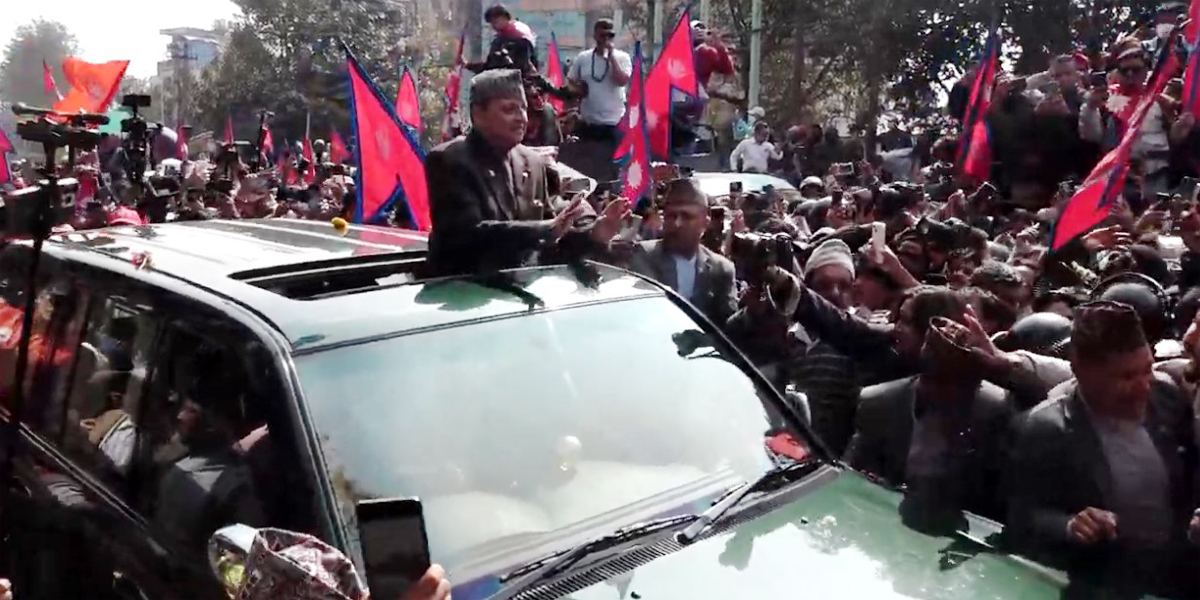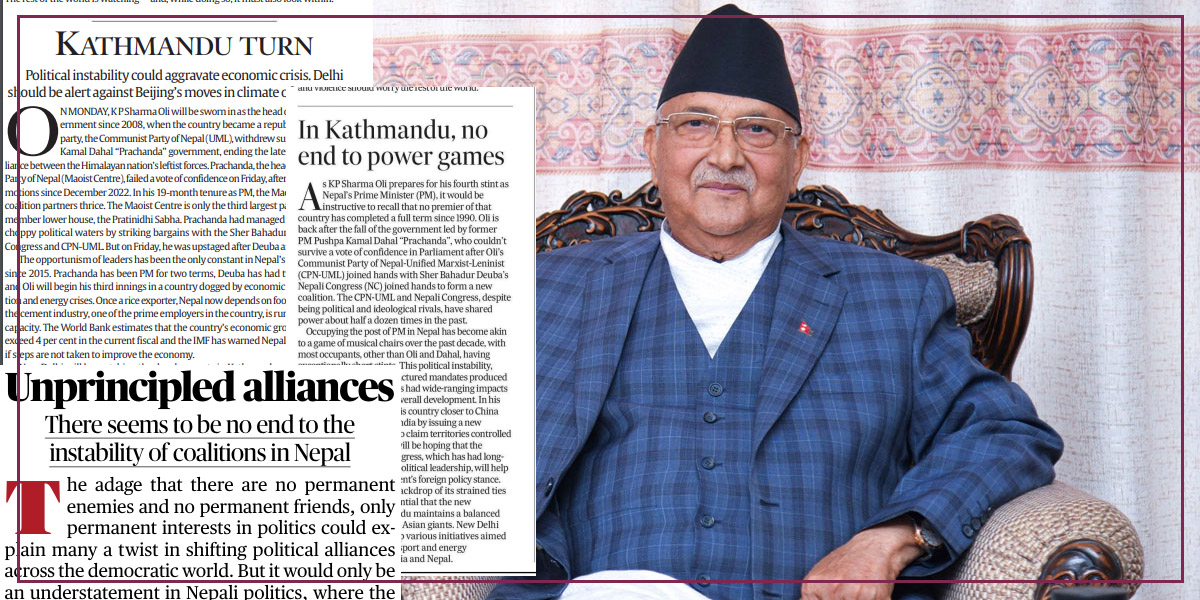
KATHMANDU: The appointment of KP Sharma Oli as Nepal’s new prime minister has garnered significant attention across the border. Three prominent Indian newspapers have published editorials on the political development in Nepal.
The Hindu has expressed concern about long-running political stability in Nepal since Nepal transitioned from an absolute monarchy to a constitutional one in 1990. “It is quite evident that the leadership of the three major parties have shown more interest in sticking to power by any means irrespective of whether they are driven by pre-poll coalitions or not,” the Indian English language daily wrote in its editorial titled ‘Unprincipled Alliances’ on Monday. “Such instability and an unprincipled pursuit of power will only result in more disillusionment among the Nepali people with the democratic process. Nepal can perhaps be better off with a presidential system that allows for a directly elected head of state.”
Hindustan Times, on the other hand, seemed more concerned about political instability in Nepal and the geopolitics. “For India, against the backdrop of its strained ties with China, it will be essential that the new dispensation in Kathmandu maintains a balanced position between the two Asian giants,” it wrote in the editorial titled ‘In Kathmandu, no end to power games’. “New Delhi will also do well to step up various initiatives aimed at creating physical, transport and energy connectivity between India and Nepal.
Indian Express feared political instability in Nepal could aggravate the economic crisis and suggested that New Delhi be alert against Beijing’s moves in the climate of uncertainty. “While Prachanda enjoyed goodwill in China, Oli’s hardline stance during the border blockade of 2015, his pro-China position and moves to include dispute territories in Nepal’s map have not gone down well with South block,” it wrote in its editorial titled ‘Prachanda out, Oli in: Another churn in Kathmandu’. “The Chinese footprint in Nepal is growing. However, India continues to be Nepal’s largest trading partner and about eight million Nepalese citizens live and work in India. New Delhi would, therefore, do well to take a nuanced position on the politics in the Himalayan nation and ensure that Beijing does not use the latest political turn in Kathmandu to its advantage.”

 Himal Press
Himal Press 
